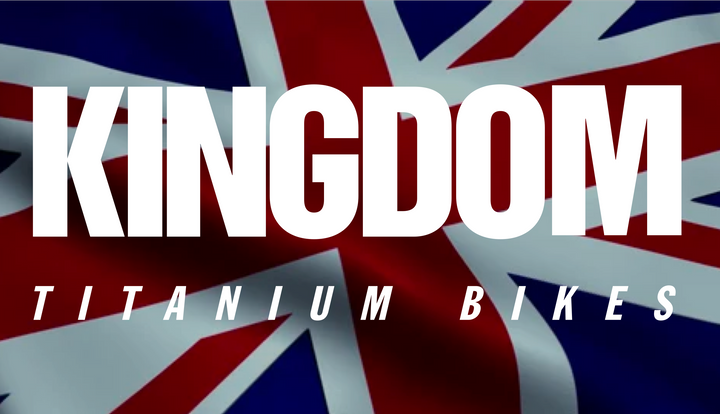Our goal for the future of Kingdom is to reduce harm to the planet. Because what’s the point in making bikes if there’s nowhere left to ride them?
Over the next 6 months or so — who knows how long it takes to come to a verdict — we will be riding a number of prototype VOID bikes created using additive manufacturing (AM) techniques.
They may or may not end up on sale at the end of the process as this is all about experimenting and learning.
At this point, very few bike companies have tried to create major pivotal suspension parts in AM like this before, especially not in titanium.
